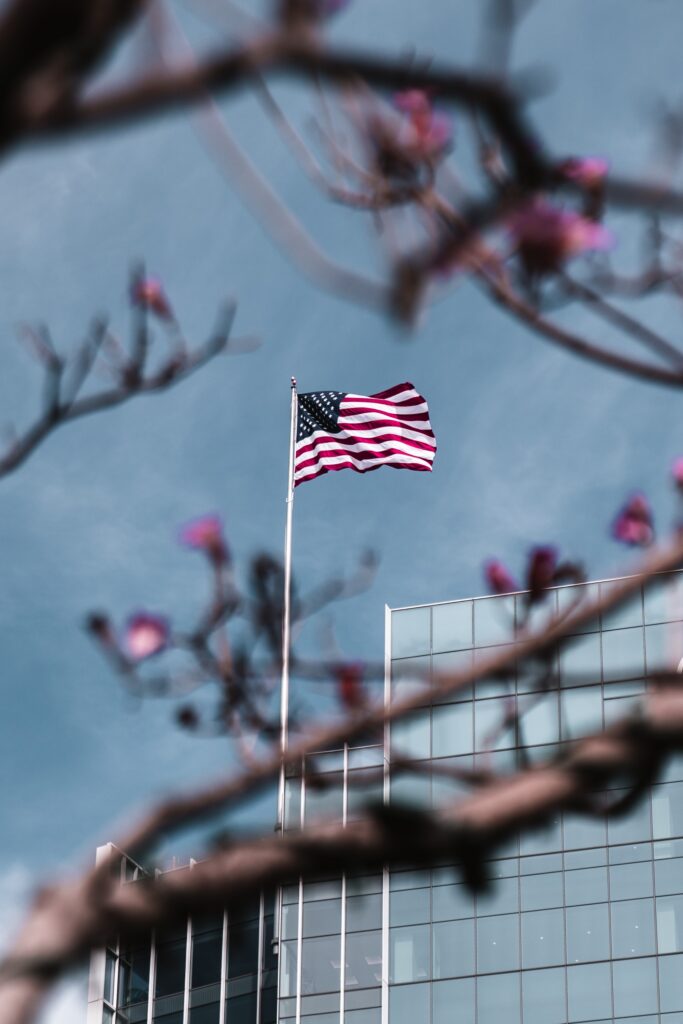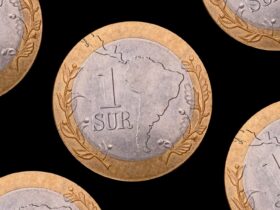From Somalia to Sudan, the United States’ approach to African foreign policy has been largely unsuccessful, often further destabilizing the region. This is particularly true in West Africa, where states such as Guinea-Bissau have fallen victim to U.S. diplomacy.
Nestled between Senegal and Guinea and ruled by the Portuguese for centuries, Guinea-Bissau is a small state with a rich history and culture. Moreover, it was only in the 1960s that Guinea-Bissau underwent its (violent) independence movement, and despite pleas of regional U.S. diplomats, the United States refused to officially recognize its sovereignty for years.
It was not until 1974, after Portugal formally declared Guinea-Bissau independent, that the United States also acknowledged its legitimacy, and immediately following this recognition, the U.S. constructed an embassy in the nation’s capital, Bissau.
Competing with the USSR for regional influence at the time, the embassy symbolized American interest in West Africa, and its opening was followed by a $1 million grant to UNHCR to help resettle displaced citizens from its previous civil conflict. American diplomats went to extremes to woo the government in Bissau, even borrowing the Defense Attache’s C-12 plane to help the then-president locate his former rebel camp in the bush. Yet, when civil war broke out in 1998, the United States abandoned its in-country embassy.
Since the embassy’s physical closure, the American embassy in Dakar has offered its services to Guinea-Bissau virtually; however, during the period of these virtual services, Guinea-Bissau saw three coup d’états, one leader killed in office, and became what the UN classified as “Africa’s first ‘narco-state.’” These developments were not a direct result of the American withdrawal, but U.S. foreign policy has incidentally shaped the situation.
American policies in Latin America during the war on drugs reshaped local politics and forced cartels to look for new markets outside of the region, and as a result of its close geographical proximity to Europe, Guinea-Bissau became the ideal new target for operations. Fueled by its rampant corruption, cocaine flooded the borders at unprecedented rates following a 2012 coup. With fears of losing regional stability, American authorities quickly supported numerous efforts to combat the trafficking. Their aid in addition to the assistance of the international community, particularly the UN, has largely thwarted the presence of drug trafficking in the country, but it has not eliminated it entirely.
Following this anti-trafficking campaign, little American presence has been seen in Guinea-Bissau, but nonetheless in 2020, over twenty years after the United States’ departure, Guinea-Bissau saw its first civilian-to-civilian transfer of power. After the election of the new president Umaro Sissoco Embaló, the U.S. Embassy in Senegal published a statement positioning the United States as “a friend and partner of Guinea-Bissau” with hopes of advancing “peace and security, strengthen[ing]democratic governance, and spur[ring]economic growth and development.”
Yet, it is nearly three years later and the actions of the United States remain inconsistent with these claims as beyond aiding with Covid-19 vaccine distribution, American efforts at building relations have been largely absent.
U.S. President Joe Biden has repeatedly noted a desire to increase United States territorial influence, and the recently published “U.S. Strategy Toward Sub-Saharan Africa” reiterates this urge. The report suggests that the United States will “Revamp Public Diplomacy Efforts” by ensuring “sufficient human and financial resources to plan, organize, and execute these critical programs,” but without a physical presence in countries like Guinea-Bissau, the United States’ actions do not align with its claims.
While U.S. leaders debate the next steps for policies in Guinea-Bissau, the question of the construction of a new embassy has repeatedly come up. Throughout the world, embassies both assist citizens who live or travel to a host country and “carry out duties related to advancing U.S. interests abroad.” Moreover, the United States has around 168 embassies with sites in all but four sub-Saharan countries. They have strong presences in Equatorial Guinea, Eritrea, Mauritania and Gabon, even though countries like Guinea-Bissau host far more American tourists. This distribution coupled with continued claims from the United States expressing augmented regional interest makes the absence of an embassy in Bissau extremely glaring.
Furthermore, as a multi-ethnic state with nearly 20% of its territory preserved for environmental conservation, Guinea-Bissau is an ideal location to measure the pulse of West Africa according to politicians, such as Paulo Gomes. Furthermore, with ever-growing mutual interests in democracy between Bissau and Washington, many policy analysts look at the continued absence of an embassy in Guinea Bissau as a “U.S. foreign policy failure.”
Today, Guinea Bissau remains greatly impacted by U.S. foreign policy, even without strong diplomatic ties. Despite this current absence, the Biden administration and future administrations have the chance to enact tangible change and redefine the American image abroad.
Moreover, it is a pivotal point in the development of African politics, and the United States has a unique opportunity to facilitate economic, political and social development, as well as strengthen diplomatic ties if its actions begin to better align with its rhetoric.







